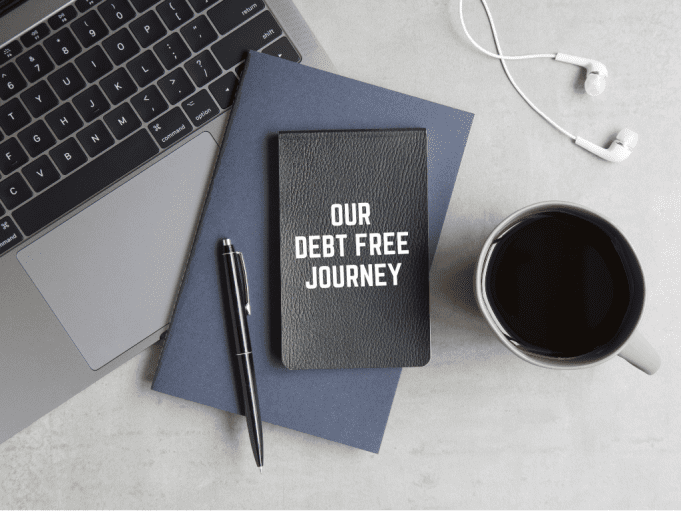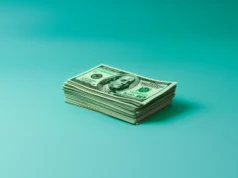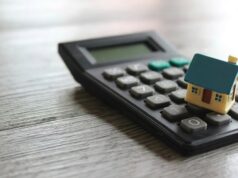Owing out tons of money to many creditors can cause you unnecessary stress. In addition to phone calls from bill collectors, you’ll also see your credit score go from good to poor within a matter of months. The good news is that you can turn your life around and set a personal goal to become debt-free.
This time of year is popular for financial goals when setting your New Year’s Resolutions, but maybe this time around you will actually follow through and get your financial present and future back on track.
There’s nothing wrong with making mistakes with your spending in the past, as long as you learn from them, don’t make the same mistake twice, and get on the right track for the next decade instead of turning the 2025s into another long stretch of financial ineptitude.
Borrowing Money
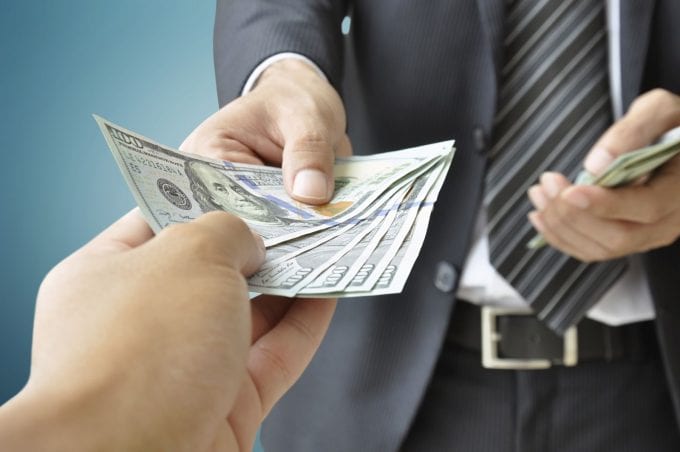
Once you fall behind on your bills, it can seem an impossible task to recover. Taking out a loan may be the only way to bring your monthly expenses to a current status. However, if your credit is poor, a traditional bank probably won’t grant you approval. You can ask a relative for a small loan and then pay them back a little each month. If no one in your family is financially able to loan you money, you can try for a small personal loan from other lenders who provide loans to people with bad credit.
Creating future debt for yourself is never ideal, but there is a difference between bad debt and good debt, so don’t rule this out completely without doing some research. If you are able to pay off some high-interest loans or consolidate your debt into 1 lower rate thanks to an up-front payment from your loan, borrowing money could actually save you a lot over time when structured correctly.
Reducing Your Overhead
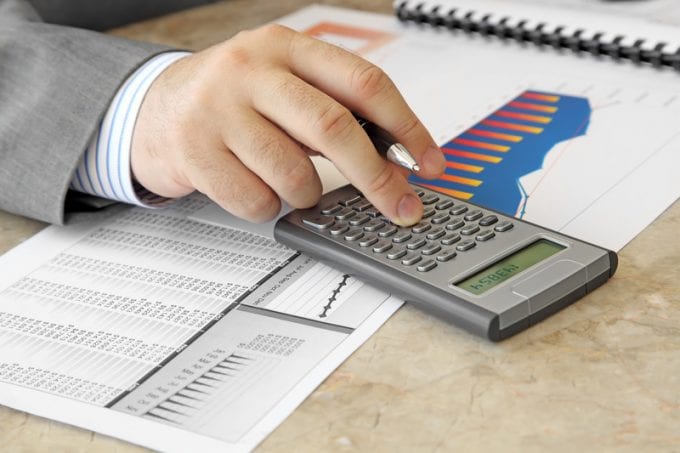
Now that you have your bills current, it’s time to look for ways to save money. A great starting point in your search for savings is to examine your monthly household expenses. For instance, when was the last time you took a look at the amount you pay each month for your utilities? With the deregulation laws that passed a few years back, you now have the ability to choose your gas and electricity provider. For example, in Texas, you can actually choose your electricity provider as they deregulated their energy market. They all have different offers and you can compare them on websites like Electricityrates.
When it comes to your homeowners and auto insurance, using the same company can help reduce your bill by 10 or even 20 percent. Make a few calls to other insurance companies like AcceptanceInsurance.com to see the rates they offer.
If you’ve seen any insurance commercial in the last 15 years, you know, bundling coverage with the same company can save you a lot of money month over month, which can help you pay off other debt or even save! If you can do as much as possible to minimize your fixed costs like car insurance, cell-phone bills, and even groceries, then you may end up with thousands more in your bank account at the end of each year.
Losing Bad Habits
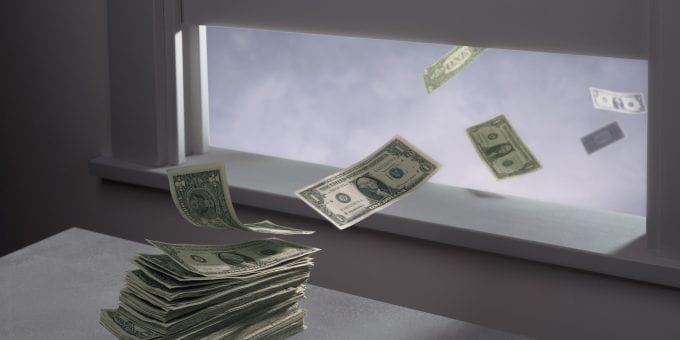
Most people are in debt because they have bad spending habits. They spend for today without thinking about tomorrow. In order to make a full financial recovery, you’ll have to make changes. Instead of buying things on impulse, learn to save for big-ticket items. This will benefit you in several ways. First, it will teach you how to save money, and second, you’ll own something without a pending bill or interest owed.
Sellers of anything from cars to televisions to homes will constantly market to you about how easy it is to finance a purchase or pay less now and more later.
Spending like this is not always a bad thing, but when people take the easy and expensive way out of purchasing on too many items, you end up with massive monthly payment amounts between all your frivolous spending. Be careful, stay in control of your debt, and don’t dig yourself into a hole that may seem small now but grow as the years go by.
Know What You Spend
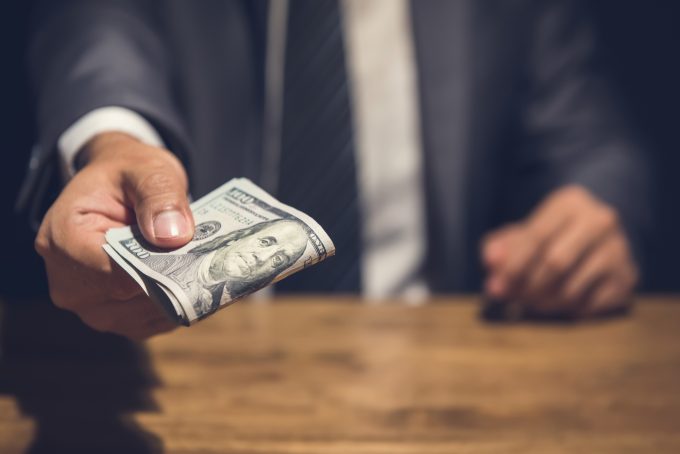
Most people don’t realize how much money they actually throw away. Consider this: if you buy lunch even just twice weekly, at the cost of $10.00 each, that’s $20.00 a week. Multiply that figure by four, and that’s $80.00 a month. Now add the coffee you buy on the way to the office at $3.00 a day, and you can start to see where your money goes.
There are many tools that you can hook up to your bank accounts and credit cards, like Mint, to help you see a color-coded breakdown of what you are buying. Some banks and card providers, like Chase, will do this for you, so you don’t need to even add extra software for personalized financial info month after month.
Establishing a Budget

A budget is an important tool that can change your life for the better. Instead of chasing some get rich quick scheme, a budget can produce positive and long-term financial freedom.
Make a list of your monthly expenses and deduct the total from your total net income. This will give you a good idea as to your current financial state and the steps you’ll need to take to recover. A budget, in essence, opens your eyes to the amount of debt you have and to whom you owe it.
An Emergency Fund
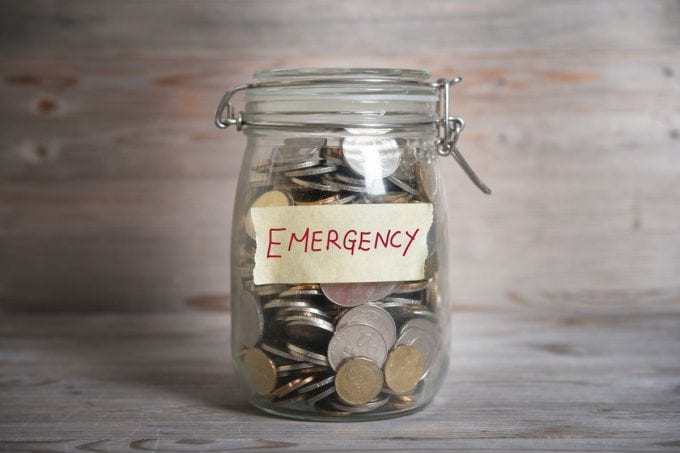
Anything can happen at any time to turn your world upside down. You may lose your job, get sick, or have an unforeseen major home repair. Without money set aside, you’ll fall into financial ruin quickly. However, with a budget in place, you take a small portion of your salary and lock it away in a savings account for emergencies.
Getting into debt is not uncommon. In fact, on average, people have roughly $10,000.00 in credit card debt alone. Thankfully, you have the ability to change your spending habits and adopt a frugal lifestyle. By placing the focus on reducing (versus increasing) your debt, you’ll put more of your money back in your pocket where it belongs.

